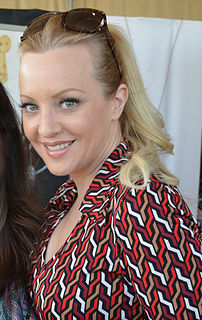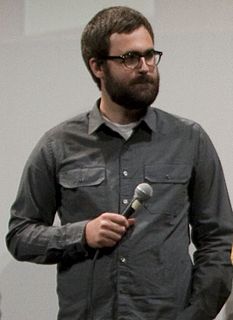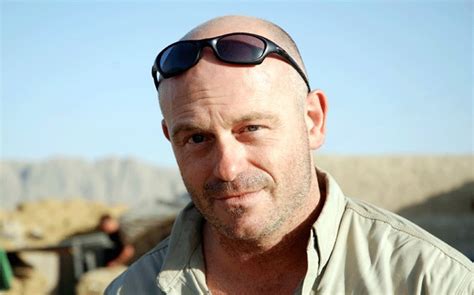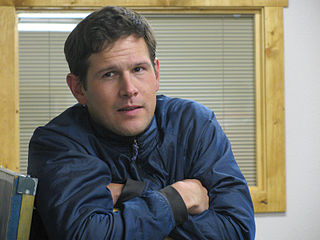A Quote by Nicole Byer
Improv is so freeing because there are no bounds; there's no safety net. You just say something and get an instant response.
Related Quotes
Improv is more than just spitting out a bunch of funny stuff that's unrelated to the material. You have to stay in character, you have to react and respond as the character you're trying to play. You have to service the story, and I think improv training has helped with my listening, responding, and my audition technique. It's sounds so silly, but it's true. Because not only do you improvise during the audition, but once you get the part, they'll say, "Throw away everything. Just improv this scene. Do whatever you want." Someone could panic if they're not used to doing something like that.
I think with improv - and I say it all the time because it's become such a catch thing that you talk about improv - if the scene is well-written, you don't need to improv. But that being said, if something strikes you in the moment and, most importantly, you know where the scene is supposed to go, it's no different than method acting.
One of the dangers about net-net investing is that if you buy a net-net that begins to lose money your net-net goes down and your capacity to be able to make a profit becomes less secure. So the trick is not necessarily to predict what the earnings are going to be but to have a clear conviction that the company isn't going bust and that your margin of safety will remain intact over time.
I think there's something really freeing about improv, that it's a collective, creative, in-the-moment piece. That's really exciting and really frustrating, because it's there and gone. There's an amazing interaction with the audience that happens because they are very much another scene partner. How they respond determines the kinds of stories we tell.
I don't have to do much. What I was surprised at and the challenge was that dealing with an ensemble cast who are in scenes together everyday all day, that is a challenge. It's a challenge to make sure everyone get as much coverage and attention, it got just kind of competitive. I loved it because it made it funnier, but the improv went nuts. People were like, "Oh wait. I have something better to say." "Now, I'm going to say..."
































